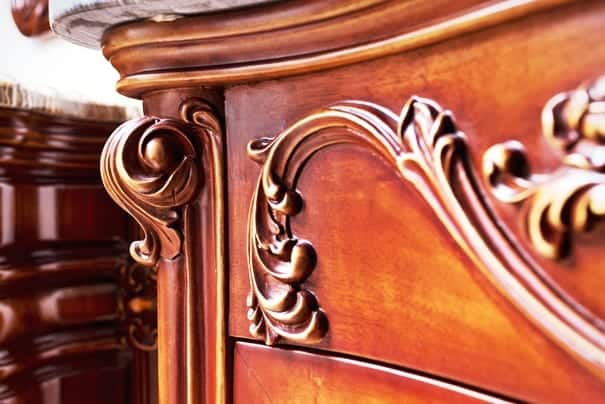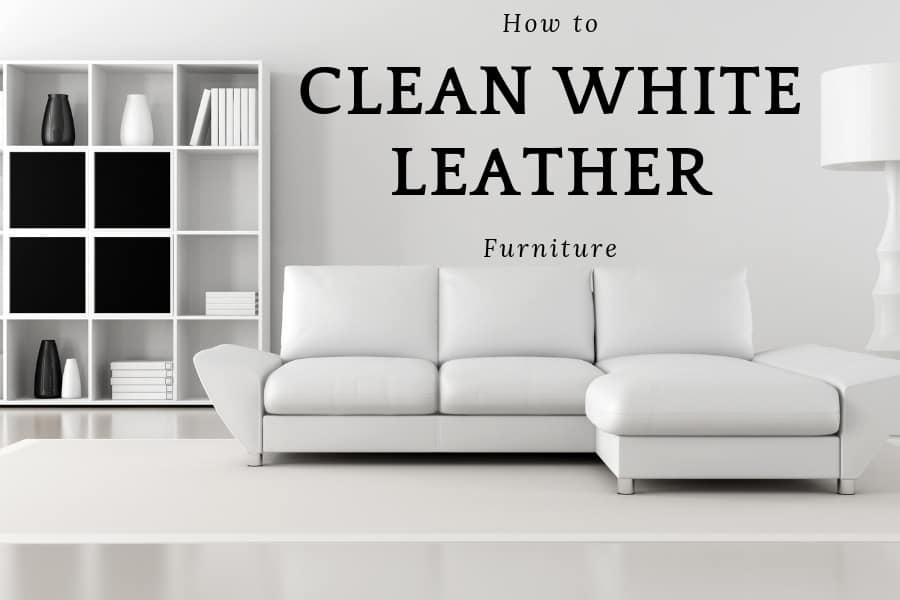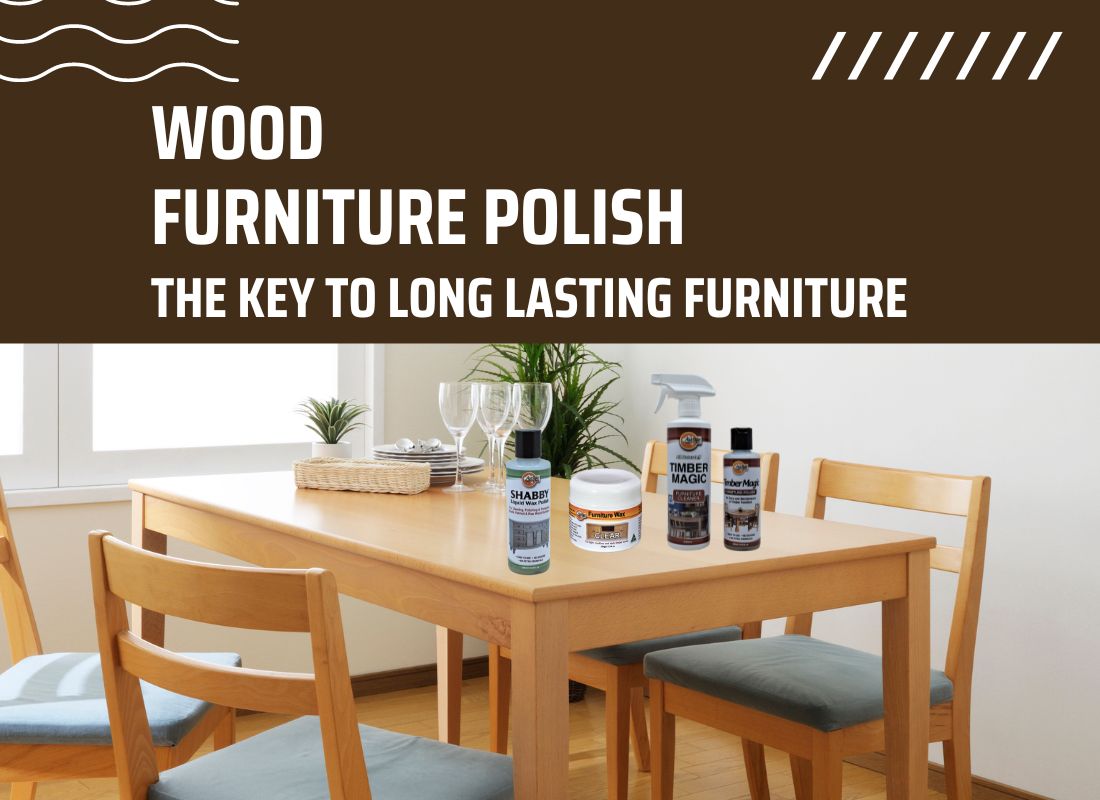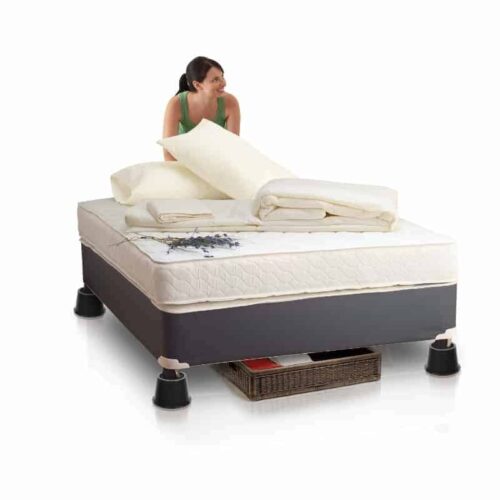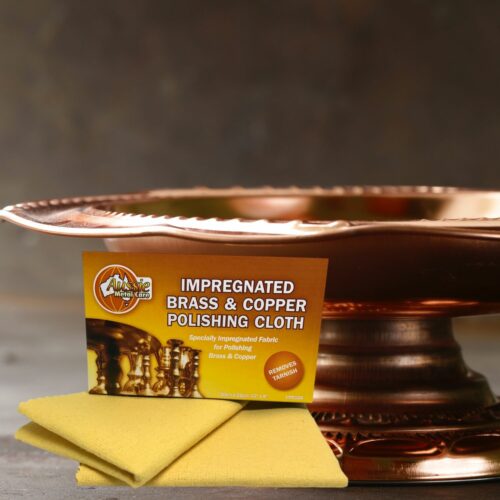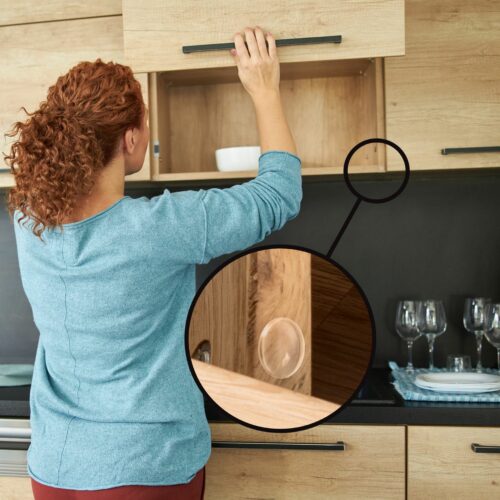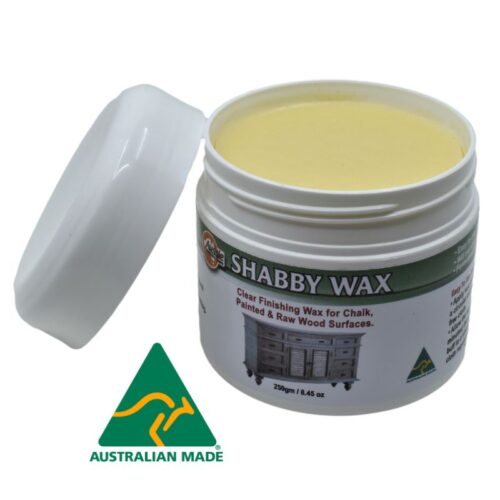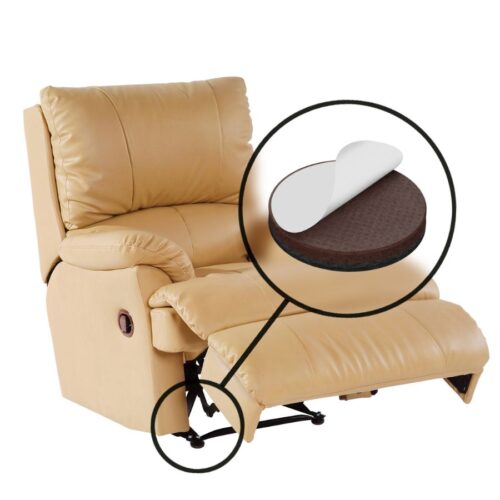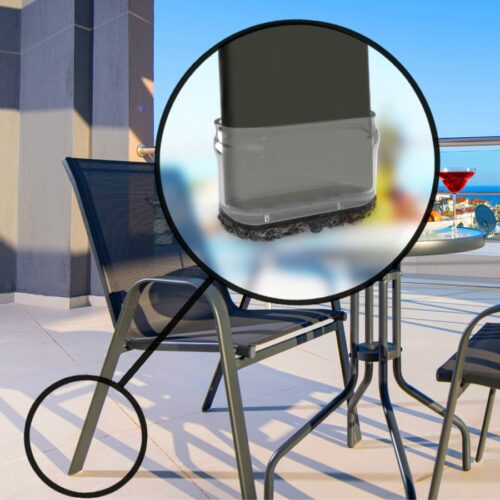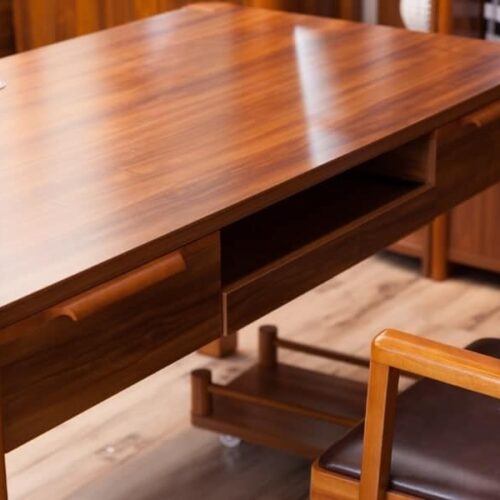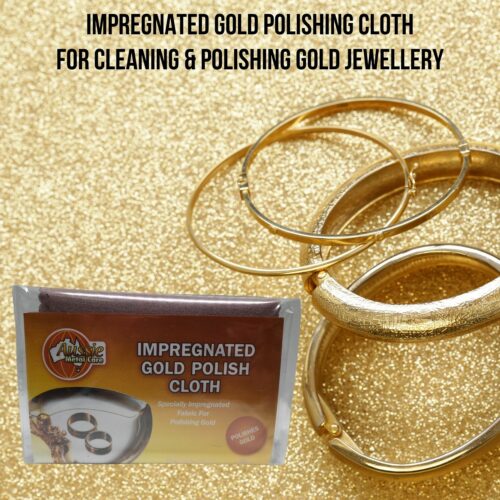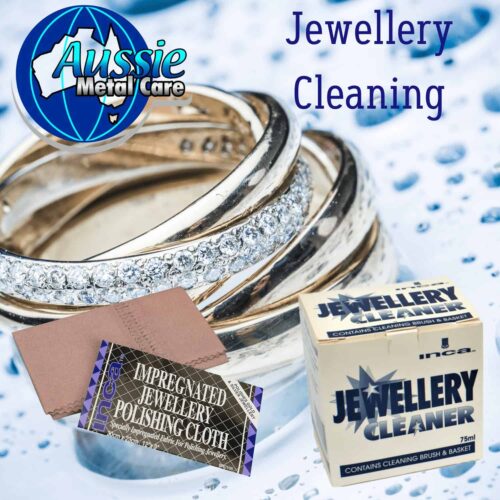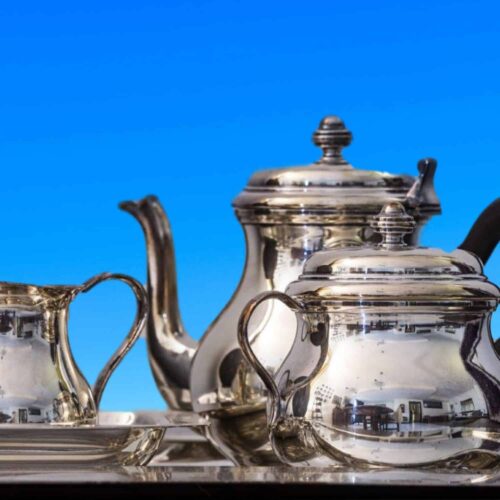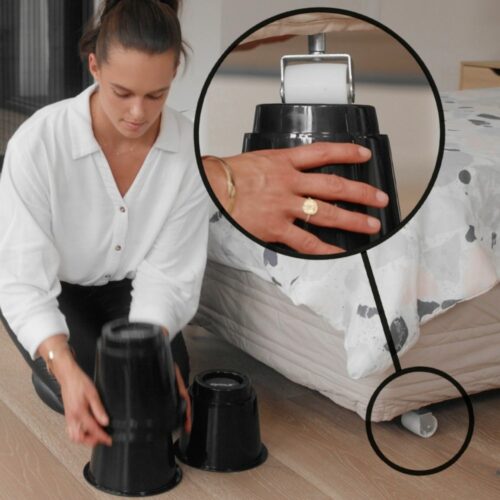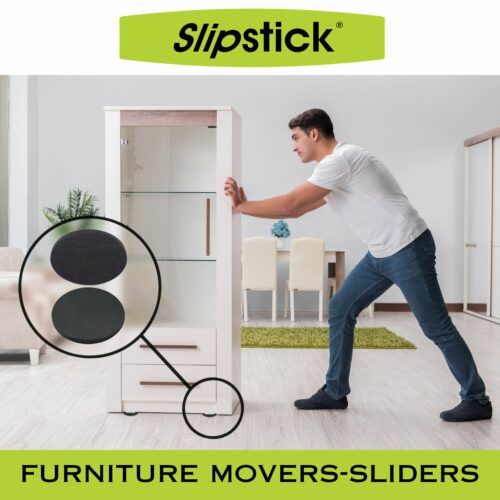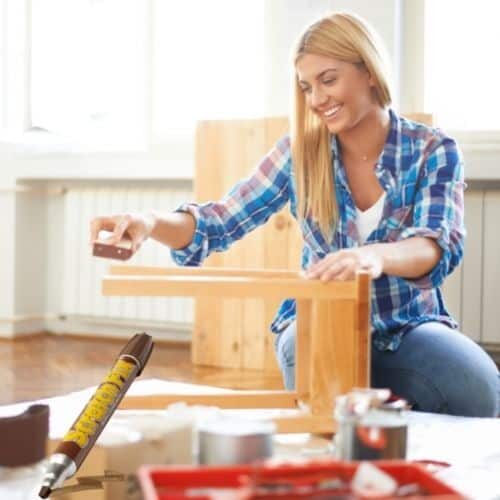Here is a guide to cleaning antique furniture that we have sourced for you it has some excellent advice and tips for extending the life of your antique furniture.
Antique furniture is most definitely an asset. Anyone owning a piece of antique furniture may be able to command thousands for that one individual item of furniture, which is why more and more individuals are choosing to invest in it at the moment. Of course value and worth all depend on a number of factors that are associated with the furniture itself.
The type of wood, design, style and the era in which it was made are just a few of those factors. However, you can do something to preserve your investment by cleaning antique furniture correctly and at the right intervals. This is therefore your quick three-step guide to cleaning antique furniture.
Step One: Avoiding Dust Degradation.
When cleaning antique furniture, ensure that it becomes part of your regular routine quickly so that you do not neglect it in any way. You should always dust it every few days, once a week at the very least. You should never use any kind of dusting device though, lest it scratch it. A soft cloth is perfect for this purpose. Do not use any sprays of any kind on it and that includes regular furniture polish because the chemicals that are used in those formulas to repel dust and grime can actually damage your investment by staining the wood or causing weak spots. Cleaning antique furniture should be about preserving it rather than adding to the wear and tear!
There are certain polishes that you can use when cleaning antique furniture. Orange oil is good for cleaning antique furniture once a week. You should then polish it with furniture wax once every couple of months. Applying a thin coat will encourage it to shine without causing a wax build up.
Step Two: Protecting The Wood
Cleaning antique furniture can damage the wood if it is not done correctly so make sure that you protect it at all times. For example, mop up any spillages immediately and never rest anything on it directly that could possibly scratch it.
If you spill water, simply wiping it off immediately would protect the wood but solvents should be treated with care.
Cleaning antique furniture in this instance would require dabbing the stain with a soft cloth until all of the solvent has been removed. Wiping it away would cause more damage.
Also, protect your wood by ensuring that it never stands in the glare of direct sunlight. This can discolour it and cause it to fade, and no amount of cleaning antique furniture will be able to solve that problem.
Step Three: Optimum Environmental Factors
Always make sure that your home provides the optimum environment for your pieces. Cleaning antique furniture is all well and good but will not be able to protect it against the elements. Ensure that your house is a constant temperature all year round.
If that means investing in a humidifier then so be it. It is worth that little bit extra to protect your own larger investment. This will stabilise the air and make sure that cleaning antique furniture will have the desired effect of preservation throughout the years.
You can also find more info on Chinese Antique Furniture and English Antique Furniture. Antiquefurniturersource.com is a comprehensive resource to know about Antique Furniture.
You can also find more info on Chinese Antique Furniture and English Antique Furniture. Antiquefurniturersource.com is a comprehensive resource to know about Antique Furniture.
